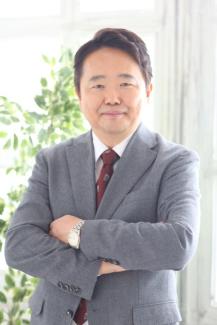Event

This talk will probe the meaning of Japanese democracy for international politics, with a specific focus on Edwin Reischauer, who was Ambassador to Japan during the Kennedy administration and founder of Japanese studies at Harvard. It will examine the development of democracy in Asia through the prism of Japan-South Korea relations, two democracies currently at odds over differing interpretations of history. Reishauer’s dual commitment to democracy both in Japan and in Korea accentuates current Japan-South Korea tensions as a question of the relative compatibility of twin democracies. It is also the consequence of American engagement in Asia and the question of whether democracy can truly be made universal through such engagement.
Toyomi Asano PhD, is a professor in the Department of Political Science and Economics at Waseda University in Tokyo, where he has been teaching political history of Japan and global history since 2015. He graduated from Tokyo University in 1998. After the publication of his Ph.D, “The origin and development of legal structure of Japanese colonial Empire,” he has concentrated on post-war issues of decolonization of Japanese Empire that meant normalization of post-war Japan with divided Asian states in East Asia. He has focused on strong public and national emotions that have been intertwined with the lost lives of Koreans or Taiwanese people. As well as, properties confiscated for Japanese, which erupted in the diplomatic process each justified with its laws and memories. He is also interested in the theories of nationalism, particularly in the complex of emotion, memory and values that would formulate a nation itself.